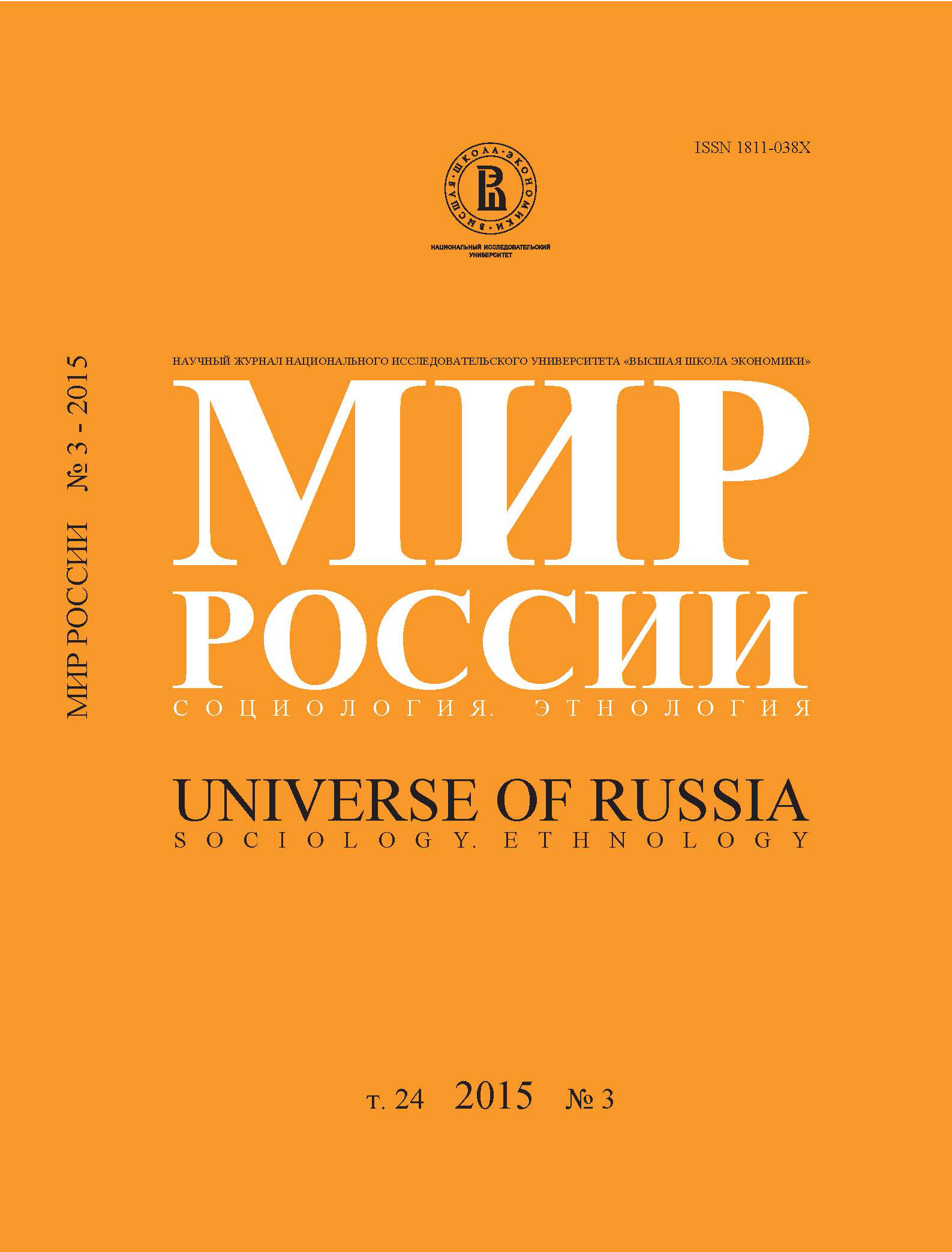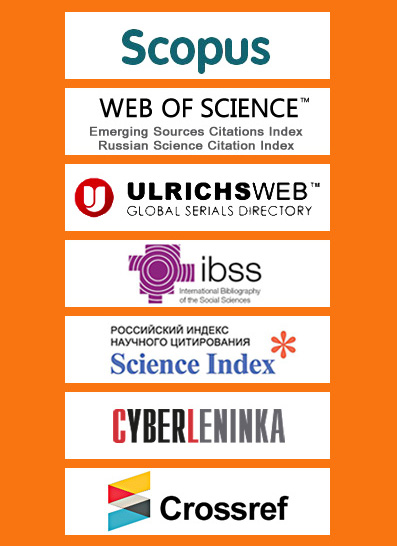«Голос» работника в российских бизнес-организациях: концептуализация и результаты эмпирического анализа
Аннотация
Балабанова Евгения Сергеевна – доктор социологических наук, профессор факультета бизнеса и менеджмента, НИУ ВШЭ, заместитель директора Центра исследований социальной организации фирмы, НИУ ВШЭ. Адрес: 105187, Москва, Кирпичная ул., д. 33. E-mail: balabanova@hse.ru
Эфендиев Азер Гамидович – доктор философских наук, ординарный профессор, директор Центра исследований социальной организации фирмы, НИУ ВШЭ. Адрес: 105187, Москва, Кирпич- ная ул., д. 33. E-mail: efendiev@hse.ru
В статье проводится анализ индивидуального политического поведения работников в бизнес-организациях. Эмпирическая часть работы посвящена исследованию индивидуальных и организационных факторов политического участия в российских организациях, а также влиянию результативности участия и характера политической культуры организации на установки и поведение сотрудников. Результаты анализа показывают, что на фоне общего низкого уровня политического участия в сторону большей демократичности выделяются компании с иностранным капиталом. Также выявлено, что наибольшая отчужденность от процесса принятия решений наблюдается в Москве и среди работников, трудоустроившихся по протекции. В ходе исследований также установлено, что демократичность организационной политической культуры, предполагающая целенаправленное стимулирование политического участия работников, и авторитарность как блокирование инициатив и негативные санкции за использование работниками стратегии «голоса» — разные организационные феномены, а не два полюса одного континуума. Работники умеренно позитивно реагируют на демократичность политических культур своих компаний и существенно более негативно на их авторитаризм.






